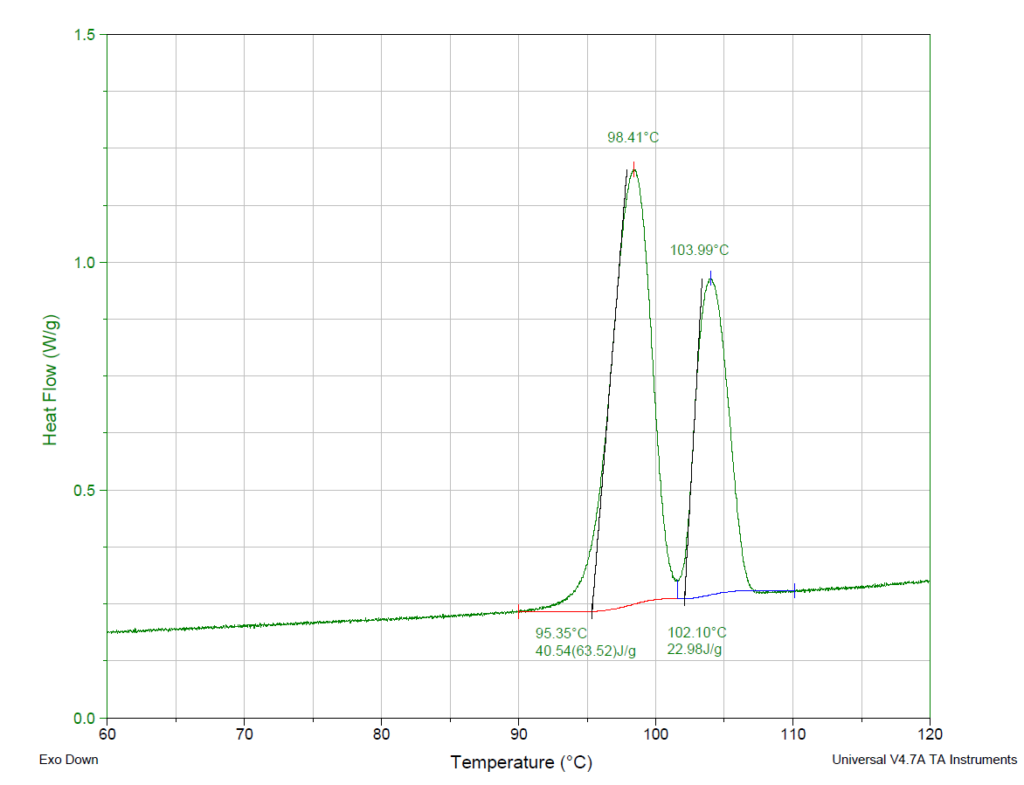The influence of polymorphism in various scientific fields is well known. Polymorphism is also common in pharmaceutical drug development, and the production and characterization of polymorphic drugs is of the utmost importance. The structure of these compounds has an impact on medical and pharmaceutical properties such as bioavailability, suitability for the required formulations, structural stability and storability.
Active pharmaceutical ingredients (APIs) are molecules that can adopt a wide variety of conformations. The specific interactions between the polar groups in these molecules give rise to crystalline structures that differ in their space lattice type, molecular conformation or both.
X-ray diffraction (XRD) is used for the non-destructive examination of polycrystalline and amorphous materials. The method is based on the diffraction of X-rays, which is caused by the interaction between the X-rays and the electrons of the atoms.
An alternative method for characterizing polymorphism in active ingredients is differential scanning calorimetry (DSC).
We offer this effective technique to investigate polymorphism of pharmaceutical ingredients. Based on the different crystal forms, DSC can determine the different melting points and heat of melting of the various polymorphs. A major advantage of DSC is that it requires no sample preparation and the measurements can be carried out quickly.
Figure 1 shows an example of a DSC thermogram and the different melting temperatures of two crystalline forms of d9-THC-naphthoyl ester.


